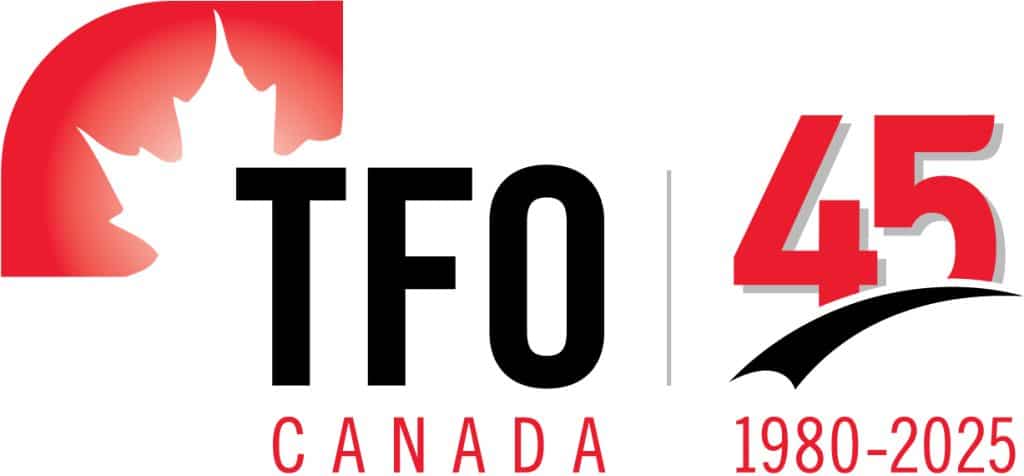Majority of Canadians have ‘substantially’ changed grocery shopping habits: Study
“New research from Dalhousie’s Agri-Food Analytics Lab and Caddle offers insights into how Canadians are navigating high food prices ahead of Thanksgiving
A majority of Canadians have substantially altered their grocery shopping habits in recent months to counteract the impact of food inflation on their budgets.
The Agri-Food Analytics Lab at Dalhousie University, in collaboration with Caddle, conducted a survey of more than 5,000 Canadians in September, finding that 64.1% have changed their grocery shopping habits.
Eighty six per cent of respondents consider themselves more price-conscious compared to last year, while 55% are taking advantage of cost-saving opportunities, such as coupons (74.8%), food-rescuing apps (52.8%), loyalty programs (79.2%) and “enjoy tonight” deals (41.4%).
Just under half (49.7%) of Canadians have contemplated growing their own food.
Notably, 59.3% are more inclined to visit discount stores while 47% have increased their visits to dollar stores compared to last year.
A smaller portion (18.5%) of respondents are frequenting farmers’ markets more often, while 17% have embraced online transactions for food purchases for over a year.
Private label brands remain popular with shoppers, as 63.8% of Canadians report buying store brands over national brands as a cost-saving measure.
Over the past 12 months, 41.2% of Canadians say they visit grocery stores less frequently and stock up on foods strategically. Conversely, 26.5% are going to the grocery store more often to capitalize on deals and purchasing enough food to last two to three days.
A substantial 79.1% of Canadians assert that they have significantly reduced food waste in the past year.
Nearly half (49.2%) have reduced the quantity of meat or protein sources they purchase due to higher food costs, up from the previous year.
While 45.5% prioritize cost over nutritional value when grocery shopping, 63.3% of Canadians worry that compromising on nutrition due to high food prices may have adverse long-term effects on their health.
The greatest generation has the highest percentage (54.7%) of respondents prioritizing cost over nutritional value. Millennials (68.7%) were the most concerned about the potential health impacts of prioritizing cost, while boomers (34.6%) were the least likely to prioritize cost over nutritional value.
“I believe that this survey sheds important light on the evolving challenges that Canadians face when it comes to their grocery shopping habits and their concerns about nutrition in the face of rising food prices. It’s evident that these challenges are not just economic but also deeply tied to the daily lives and well-being of Canadians,” said Sylvain Charlebois, director of the Agri-Food Analytics Lab, in a statement.”
*This article is excerpted from Canadiangrocer.com website published 4th October 2023
